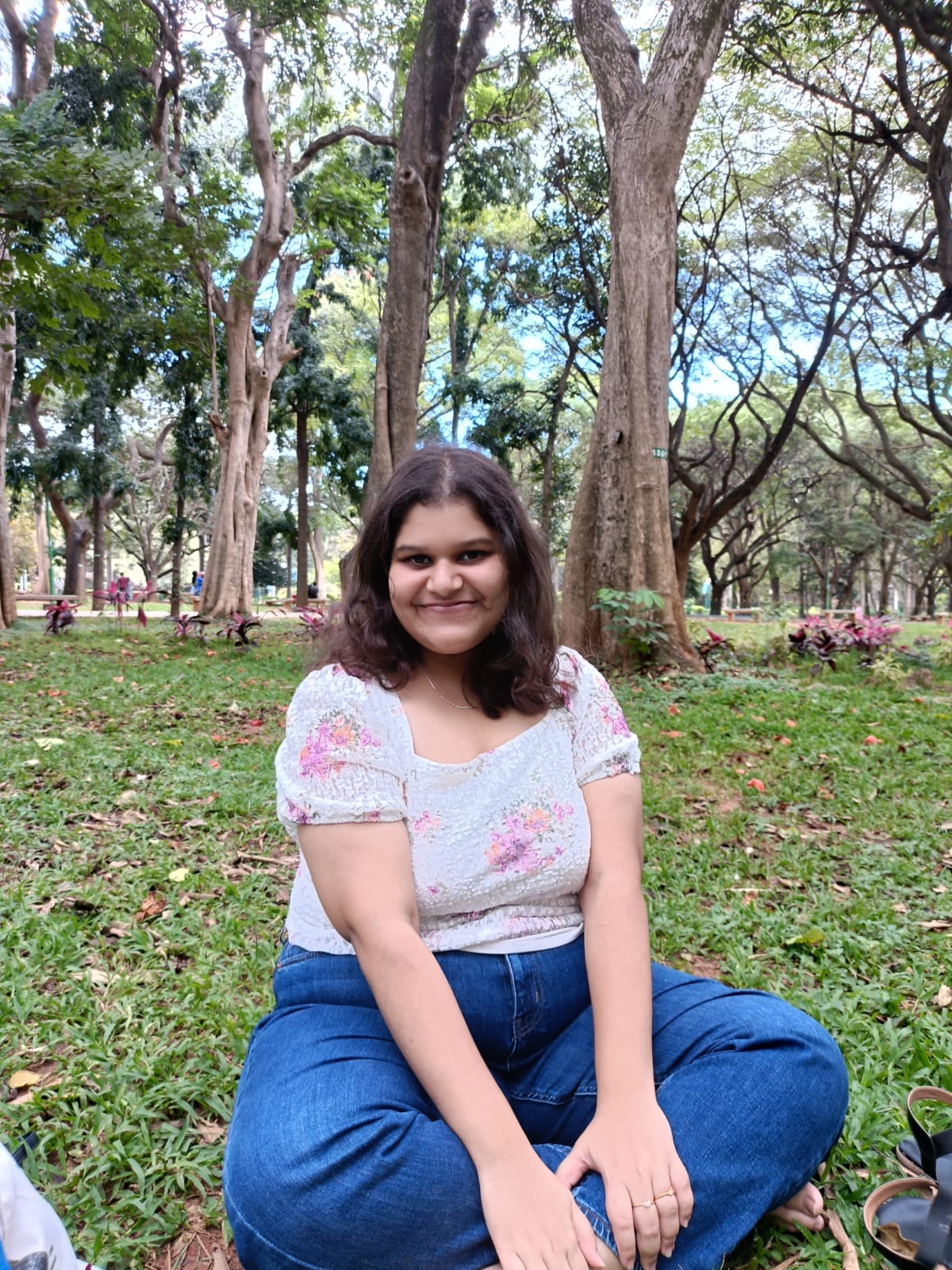Managing Anxiety in Uncertain Times: Coping Strategies for Stressful Situations

Bhoomika Arora
April 03 , 2024

What is Anxiety?
At least once in our lives, we all have experienced nervousness and restlessness, especially before an important exam, interview, or life event.
This feeling can be identified as ‘anxiety’ and is usually seen as a response to stress or perceived danger.
It is important to note that feeling anxious in certain life situations is a common feeling and not equivalent to anxiety disorder.
What are the Causes of Anxiety?
In general, individuals experience anxiety due to stress in their personal or professional lives, childhood trauma, negative life experiences and pressure given by society.
Why is Anxiety Management Necessary?
It is quite normal to experience anxiety but prolonged anxiety can be harmful. If symptoms of anxiety are persistent over a few months, then the anxiety can be considered prolonged or chronic.
Chronic or prolonged anxiety can lead to General Anxiety Disorder (GAD). It can also have adverse effects on physical health leading to a weakened immune system, cardiovascular problems involving high blood pressure and heart rate, and gastrointestinal issues involving nausea, diarrhoea, and increased levels of stomach acid.
The effect of prolonged or chronic anxiety can also hamper the daily life of the individual, affecting the quality of their life, and leading them to avoid situations, isolating themselves from social situations and refraining from trying out new things.

Photo by Ali Hajiluyi Team on Unsplash
Coping Strategies:
1. Identifying Triggers:
To develop coping mechanisms against anxiety, it is important to first identify the factors that trigger anxiety.
These factors can either be external like a stressful environment or can be internal like genetics or changes in the brain, affecting our fight or flight response.
The best way to find out the root cause of the anxiety and the factors contributing to it is by maintaining a journal.
Whenever you feel anxious, note down the physical sensations you are experiencing in your body and the reason and duration of anxiety experienced. Keeping this record would help you to pinpoint the common and specific situations and factors triggering anxiety.

Photo by Jan Kahánek Team on Unsplash
2. Try Breathing Exercises:
Whenever you feel anxious, take a pause and take a long breath and pay attention to your breathing pattern and on movement of your chest and stomach. This will allow you to relax and bring your breathing rate back to normal.

Photo by Max van den Oetelaar Team on Unsplash
3. Use the 3-3-3 Rule:
This rule states that whenever you feel anxious, look around yourself and name 3 things you can see, 3 sounds you can hear and 3 things you can touch. This rule can help you to bring your attention from your thoughts back to your surroundings.
Exercise:
Being active and indulging in exercises helps in reducing symptoms of anxiety and is also proven to be a protection against anxiety disorders.

Photo by Gabin Vallet Team on Unsplash
Medicine:
Certain medicines like Benzodiazepine Tranquillisers can help you with anxiety symptoms but should be strictly taken only on the advice of a certified psychiatrist.

Photo by Christine Sandu Team on Unsplash
Therapy:
Therapy is considered to be one of the most effective methods that help individuals to cope and overcome anxiety. It is important to ensure that the therapy session is taken by a qualified psychologist only.

Photo by Christina @ wocintechchat.com Team on Unsplash
Some of the therapies useful for dealing with anxiety are as follows:
Mindfulness-Based Cognitive Therapy (MBCT):
This therapy helps reduce symptoms of anxiety by changing the relationship of the client to the suffering by recognizing patterns of thoughts and emotions. It also helps the client to identify the negative mental states often associated with anxiety, hence offering a deeper insight.
PsychodynamicTherapy (PDT):
This therapy allows the client to gain emotional insight by making them understand the relationship between their current symptoms and prior interpersonal events and experiences which would have led to the origin of anxiety-producing defences.
Cognitive Behavioural Therapy (CBT):
This therapy is considered to be one of the most efficient therapies when it comes to dealing with anxiety. This therapy involves educating the client about the nature of their fear and anxiety and allows them to self-monitor their symptoms. It also involves facing the anxiety-triggering stimulus and cognitive restructuring which allows the client to cope with anxiety.
Note: If you feel you need professional help for dealing with anxiety, kindly check our page 'Heart It Out,' where you can speak to one of our qualified professionals who would be happy to help you in your journey of overcoming anxiety.
Keep Reading
Started reading,
found my glow!
New blogs dropping soon – Sign up!
© EmbraceWell. All rights reserved





























